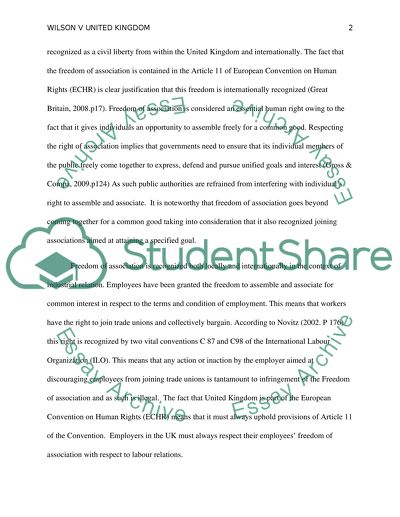Cite this document
(“The Significance of Wilson v UK [2002] IRLR 568 Essay”, n.d.)
The Significance of Wilson v UK [2002] IRLR 568 Essay. Retrieved from https://studentshare.org/law/1445413-labour-law-what-is-the-significance-of-the
The Significance of Wilson v UK [2002] IRLR 568 Essay. Retrieved from https://studentshare.org/law/1445413-labour-law-what-is-the-significance-of-the
(The Significance of Wilson V UK [2002] IRLR 568 Essay)
The Significance of Wilson V UK [2002] IRLR 568 Essay. https://studentshare.org/law/1445413-labour-law-what-is-the-significance-of-the.
The Significance of Wilson V UK [2002] IRLR 568 Essay. https://studentshare.org/law/1445413-labour-law-what-is-the-significance-of-the.
“The Significance of Wilson V UK [2002] IRLR 568 Essay”, n.d. https://studentshare.org/law/1445413-labour-law-what-is-the-significance-of-the.


